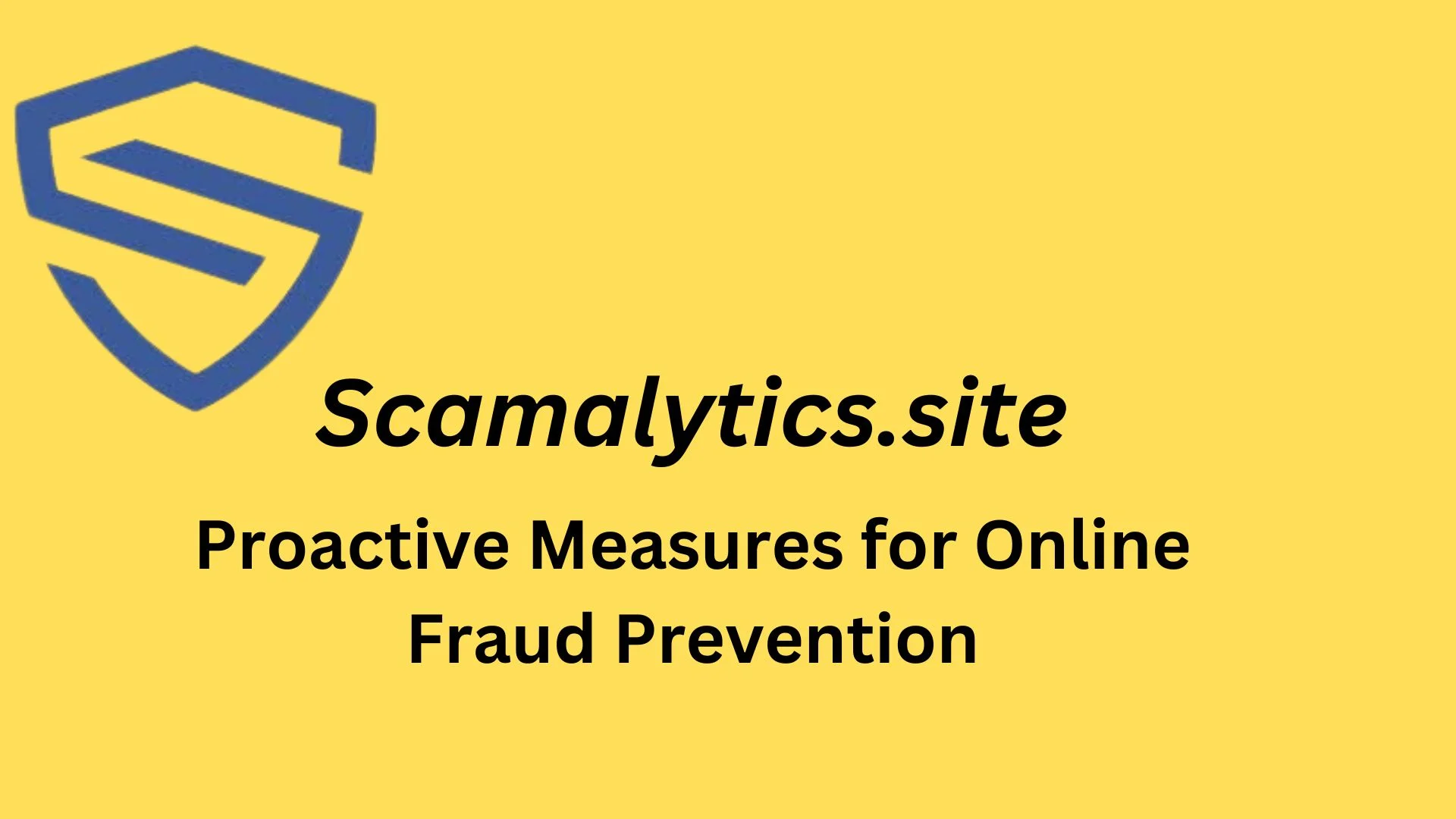Introduction to Alternate ISP Fraud
In the ever-evolving landscape of internet service providers (ISPs), a growing concern has emerged around the issue of alternate ISP fraud. As more consumers seek alternative options to traditional broadband providers, bad actors have found ways to exploit this shift, putting unsuspecting individuals and businesses at risk.
Alternate ISP fraud refers to the practice of setting up illegitimate internet service providers that mimic legitimate companies, often offering attractive pricing and seemingly reliable service. These fraudulent ISPs prey on consumers who are looking to save money or find a better alternative to their current provider. However, beneath the surface, these operations are designed to steal personal information, divert funds, and leave customers with subpar or non-existent internet access.
The Rise of Alternate ISP Fraud
The rise of alternate ISP fraud can be attributed to several factors, including the increasing demand for affordable and reliable internet access, the proliferation of online platforms for establishing businesses, and the growing sophistication of cybercriminals.
The Demand for Affordable Internet Access
In many regions, traditional ISPs have faced criticism for high prices, limited coverage, and subpar service. This has led consumers to seek out alternative options, creating an opportunity for fraudulent providers to step in and offer seemingly attractive deals.
The Ease of Establishing Online Businesses
The internet has made it easier than ever for individuals to establish their own businesses, including ISPs. While this has led to a diverse and competitive market, it has also made it simpler for bad actors to create fake companies and lure in unsuspecting customers.
The Evolving Tactics of Cybercriminals
Cybercriminals are constantly developing new methods to exploit vulnerabilities and defraud consumers. As awareness of traditional internet scams has increased, some have turned to alternate ISP fraud as a newer and potentially more lucrative target.
The Anatomy of Alternate ISP Fraud
Alternate ISP fraud can take many forms, but there are several common tactics employed by these fraudulent providers.
Misleading Advertising and Promotional Offers
One of the primary tactics used by alternate ISP fraudsters is the use of deceptive advertising and promotional offers. They may promise faster internet speeds, lower monthly fees, or other enticing benefits that are not actually delivered.
Fake Websites and Online Presence
Fraudulent ISPs often create convincing websites and online profiles that mimic the branding and appearance of legitimate providers. These sites may include customer testimonials, professional-looking logos, and detailed service information, all designed to lure in unsuspecting consumers.
Phishing and Identity Theft
In addition to offering subpar or non-existent internet service, many alternate ISP scams are also aimed at stealing personal and financial information from customers. This can include phishing attempts, where fraudsters try to obtain login credentials or credit card information.
Billing and Payment Fraud
Another common tactic employed by alternate ISP fraudsters is billing and payment fraud. This can involve charging customers for services they never received, continuing to bill them after they have canceled their service, or even diverting payments to the fraudsters’ own accounts.
Disruption of Service and Lack of Support
Even in cases where a fraudulent ISP does provide some level of internet access, the service is often unreliable, slow, or completely disrupted. Customers may also find it difficult or impossible to reach customer support or resolve issues with their service.
The Impact of Alternate ISP Fraud
The consequences of alternate ISP fraud can be far-reaching and devastating for both individual consumers and businesses.
Financial Losses
The most immediate impact of alternate ISP fraud is the financial loss incurred by customers. This can include the cost of the fraudulent service, any unauthorized charges or fees, and the potential for identity theft and credit card fraud.
Disruption of Internet Access
The loss of reliable internet access can have significant consequences, particularly for businesses that rely on a stable and consistent internet connection. This can lead to lost productivity, missed deadlines, and even the disruption of critical operations.
Reputational Damage
For businesses that fall victim to alternate ISP fraud, the impact can extend beyond just financial losses. The disruption of service and the association with a fraudulent provider can also lead to reputational damage, which can be difficult to recover from.
Cybersecurity Risks
The theft of personal and financial information associated with alternate ISP fraud can also expose victims to a range of cybersecurity risks, including identity theft, fraud, and other forms of online crime.
Protecting Against Alternate ISP Fraud
Given the growing prevalence of alternate ISP fraud, it is crucial for both individual consumers and businesses to be proactive in protecting themselves.
Researching Potential Providers
Before signing up with any ISP, it is essential to thoroughly research the company’s reputation, credentials, and track record. This can involve checking online reviews, verifying the company’s licensing and registration, and comparing their offerings to those of other legitimate providers.
Verifying Legitimacy
When engaging with an ISP, consumers should be cautious of any red flags, such as a lack of a physical address, inconsistent or evasive customer service, or suspicious billing practices. It is also important to verify the legitimacy of the provider’s website and online presence.
Securing Personal and Financial Information

Consumers should be vigilant about protecting their personal and financial information when dealing with any ISP, including using strong passwords, enabling two-factor authentication, and avoiding sharing sensitive data over unsecured channels.
Monitoring Accounts and Reporting Fraud
If a customer suspects they have fallen victim to alternate ISP fraud, it is crucial to act quickly. This may involve closely monitoring their accounts for any unauthorized activity, filing a report with the appropriate authorities, and taking steps to mitigate the potential for identity theft and financial loss.
Implementing Robust Cybersecurity Measures
For businesses, protecting against alternate ISP fraud may require the implementation of more comprehensive cybersecurity measures. This can include the use of virtual private networks (VPNs), firewalls, and other security tools to safeguard the company’s network and data.
Conclusion
The rise of alternate ISP fraud is a concerning trend that poses a significant threat to both individual consumers and businesses. By understanding the tactics employed by these fraudulent providers, recognizing the potential impact, and taking proactive steps to protect against these scams, individuals and organizations can better safeguard themselves from the devastating consequences of alternate ISP fraud.
As the internet continues to play an increasingly crucial role in our daily lives and business operations, the need for vigilance and a robust defense against these emerging threats has never been more critical. By staying informed, exercising caution, and leveraging the right tools and resources, we can work to mitigate the risks posed by alternate ISP fraud and ensure the security and reliability of our internet connections.

